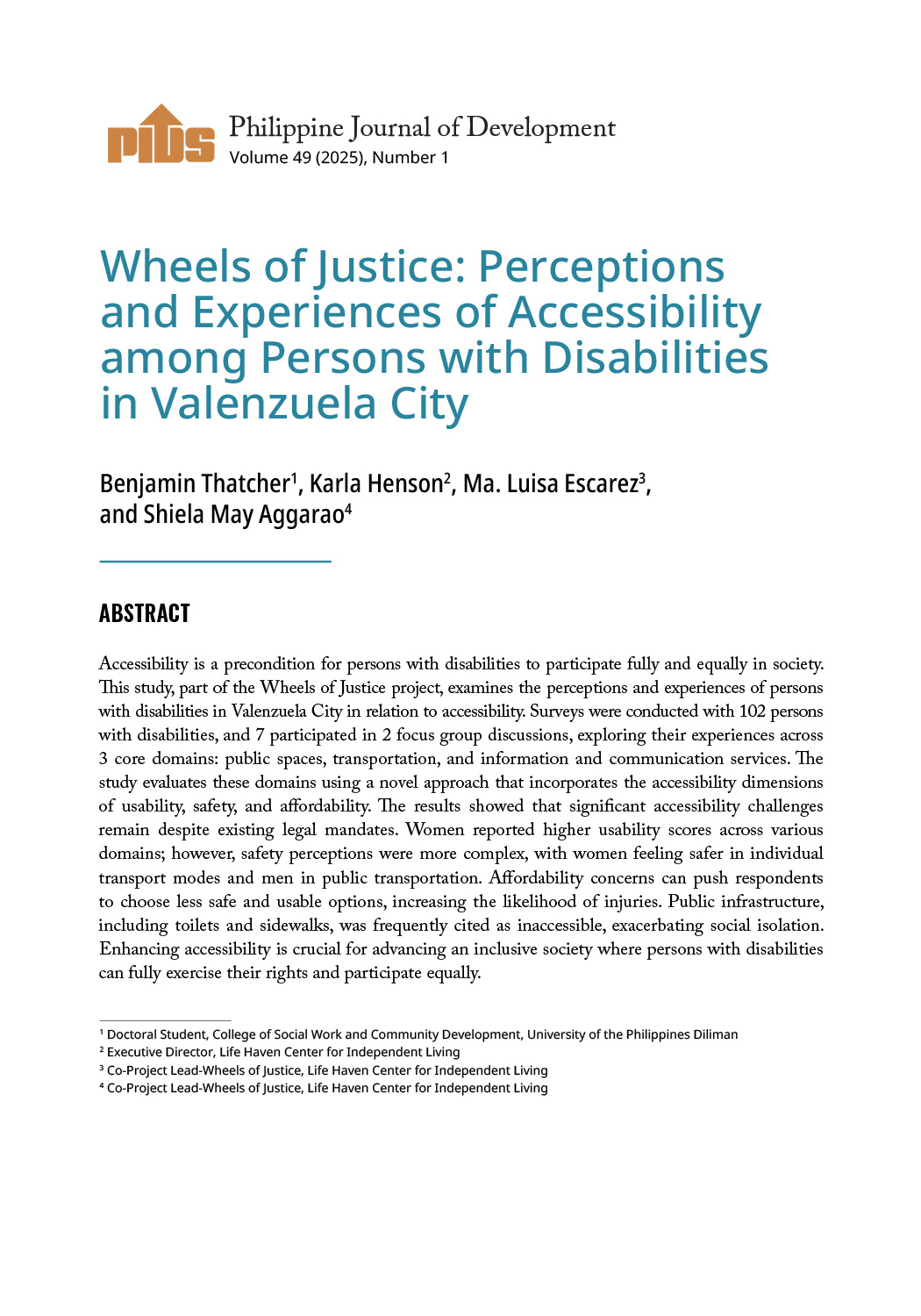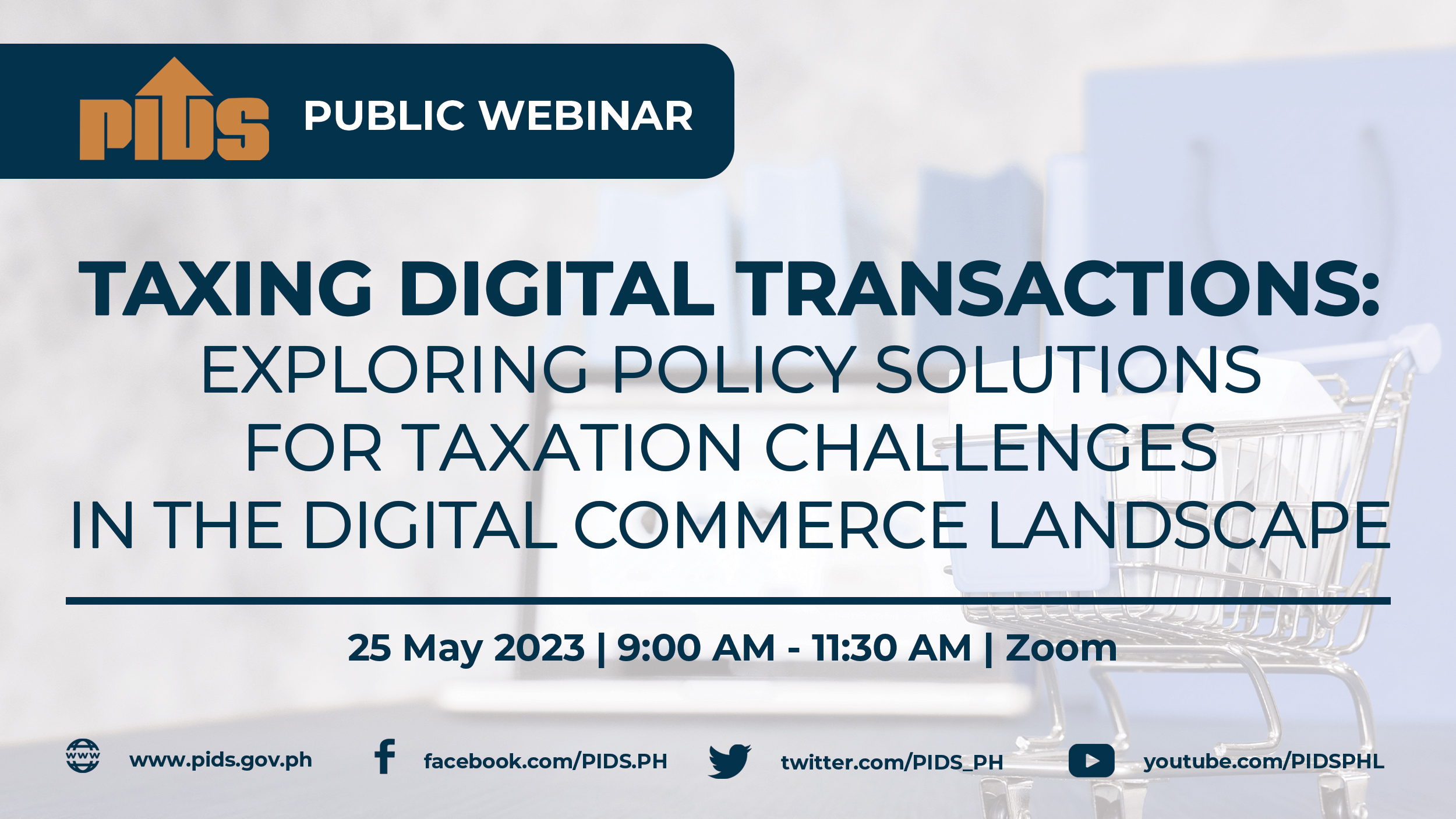A private think tank asked Filipino voters to choose senatorial and local candidates who have balanced solutions for workers and businesses that will generate more jobs and lift more Filipinos out of poverty.
“Voters should ask senatorial and local candidates what they will do to generate jobs and increase the income of workers. They should have balanced solutions that will go beyond myopic political terms,” Dindo Manhit, president of the Albert del Rosario Institute for Strategic and International Studies, said during a recent roundtable discussion.
ADRi held a recent forum on Labor Productivity and the Wage Stagnation Paradox at the Tower Club in Makati City. The forum was led by ADRi non-resident fellow Dr. Vicente Paqueo and Philippine Institute for Development Studies research fellow Dr. Michael Abrigo, who presented a paper on the topic.
Manhit said that for the poorest and most vulnerable Filipinos, employment and wages represent critical factors in poverty reduction. The challenge for politicians, he said, is how to promote increasing income while generating jobs and maintaining economic growth.
“This will need a shifting to a more strategic mindset that focuses on long-term competitiveness and sustainability instead of myopic political cycles,” he said.
Paqueo and Abrigo presented a paper that looked at labor productivity and the so-called wage stagnation paradox and highlighted the importance of raising productivity growth and opportunities through factors such as technological catch-up, building of complementary capabilities, and instituting policy reforms.
Paqueo said wage stagnation is a misleading paradox because it does not reflect non-wage benefits. He disputed wage stagnation as an indicator of worker exploitation from a macro-level point of view “due to factors such as compensation schemes, acquisition of advanced technology, and [that] wages don’t take into consideration the labor output.”
He cited the need to increase capital to raise compensation, while pointing out that the government should temper “unrealistic regulatory mandates” that would not have sustainable and positive long-term impact on the labor sector and productivity.
This was supported by Employers Confederation of the Philippines Director-General Jose Roland Moya, who said that the factors that lead to the disparity between labor productivity and real wages “do not consider business realities and capabilities” especially in relation to technological advancement, changing consumer preferences, and the changing minimum wage.
Moya said small and medium enterprises, which comprise the majority of local businesses, bear the brunt of these factors, compromising their expansion plans, technology acquisition targets, and overall innovation strategy.
Employers Confederation of the Philippines governor Rene Almeda cited for example his company’s approach to boost labor productivity in relation to the findings of the paper.
He said Yazaki-Torres Manufacturing Inc. makes use of a two-tiered wage system: setting a minimum wage higher than the poverty threshold and setting voluntary productivity incentives and bonuses based on mutual agreements.
The incentive scheme provides for a performance-based incentive pay, productivity incentives, and a special bonus based on the profitability target for the year.
Foundation for Economic Freedom president Toti Chikiamco said the onus of increasing productivity is on government. “If the government really had a heart for the labor sector, they should focus on productivity,” he said.
“Productivity allows [businesses] to grow bigger and enable employers to share their employees the productivity gains,” Chikiamco said.
His own company, Chikiamco said, has a “personalized” incentive and compensation scheme. Aided by technology, it gathers data to set productivity objectives according to the employee’s nature of work, capabilities, and experience.
He said any mandated policies that have no productivity direction will not make the country more globally competitive. As such, Chikiamco stressed the need for greater foreign investment liberalization to increase competition in the local market, and at the same time facilitate technology transfer.
Makati Business Club executive director Coco Alcuaz said the Philippines has a lot of catching up to do in terms of science and technology in the industry. Forcing technological innovation to a labor force not trained for it might take 20 to 30 years, he said.
Alcuaz said what can be done is improve the skillset level of the labor force. Key to this will be improving education and training, boosting market competition, protecting job-generation investments with smart incentives, and establishing a flexible labor market by focusing on quality jobs, he said.
Paqueo, in conclusion, said: “The name of the game is sustainability. We should not rock the boat too hard on the positive growth of the economy with uncertainties, and this includes legislation and agreements.”








